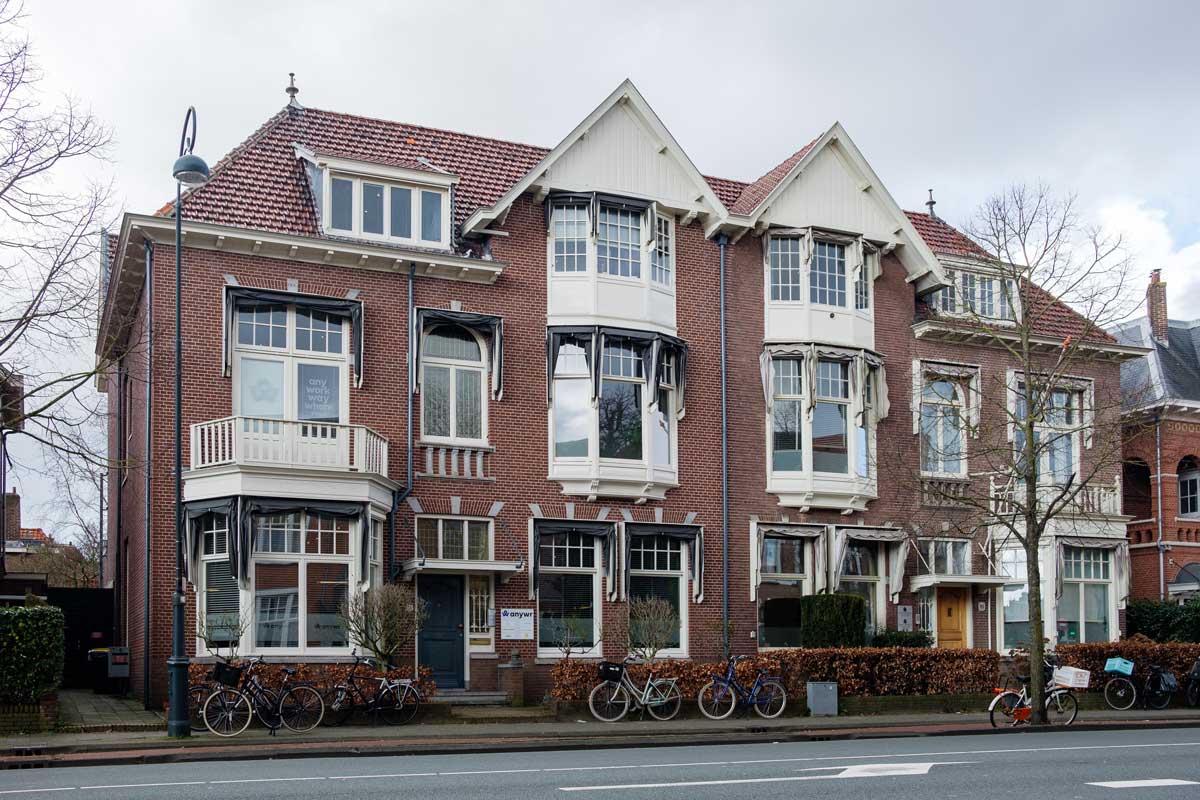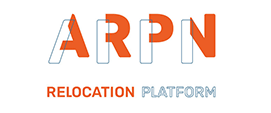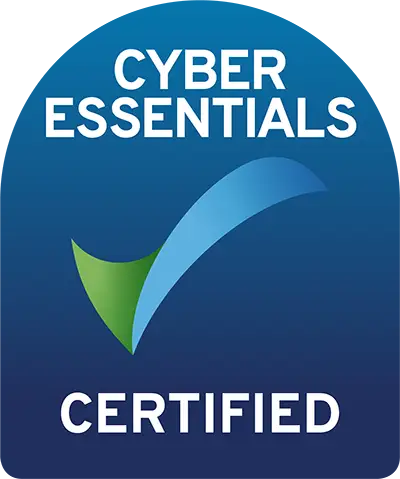
How do we find a home on the Dutch rental market?
Index
1) Inform your international employee on the average rents in your region. Most likely your employee will find a home in the fully liberalized market.
2) Make the salary level complies with the average rents, landlords expect 3-4 times the rent as gross salary per month.
3) Involve a real estate agent, or a relocation company to perform the search.
4) Instruct the employee on:
– reacting fast to new offer
– there is no room to reschedule viewing appointments
– put in an offer immediately after a viewing
– don’t expect any downwards negotiations, sometimes a higher offer is even needed!
The social rental market in the Netherlands is aimed at persons with a maximum income level. Depending on location, there are long to very long waiting lists for a property in this market. In general, it takes more than 5 years to even 20 years to be eligible for a house in the social rental market.
Due to various laws, many landlords decided to sell their properties in the middle rental market. There is ample supply in this market and if there is any, there are hundreds of reactions.
People living in social or affordable rental housing often remain there for a long time, as the financial alternatives are usually unattractive. In other words, upward mobility from lower-cost to higher-cost housing is limited.
Due to the above, rental properties in the liberalized market have become more popular and therefore more expensive.
Although we know that some people succeed in securing a home from abroad, we also see that the majority of people are in the Netherlands during their home search. Landlords give the preference to people that they have met (through the real estate agent). We usually advise a stay in temporary accommodation for the first 4-6 weeks to ensure a successful homefinding.
In the Dutch rental market there are three segments; the social, the middle market rentals (or capped liberalized) and the fully liberalized/free sector segment.
Social rental homes have a maximum of 143 points based on the WOZ (property) value. Middle Market Rentals (or capped liberalized) homes have maximally 186 points. Both categories have a maximum rent that is determined by the Dutch government. Fully liberalized properties, or the free sector everything above 186 points. Landlords can ask any rent in this segment.
Social rental market: Properties under 143 points. To be eligible for social housing your income level is bound to a maximum (https://www.government.nl/topics/housing/rented-housing). Moreover, there are (often long) waiting lists for social housing, making this segment not so relevant for expat housing.
Middle market rental: Properties worth 144 to 186 points fall into this category, with a specific maximum rent.
Free sector: Properties with more than 186 points are in the free sector, allowing landlords to set any rent.
Here are some common factors that affect rent points in the Netherlands:
– Room Size: Larger rooms receive more points. The total floor area of the living space contributes to the overall score.
– Kitchen and bathroom: A fully equipped kitchen and a separate bathroom both add points.
– Energy performance: Energy-efficient properties receive higher scores. Insulation, heating systems, and energy labels impact the rating.
– Property value: The value of the property influences rent points. Higher property values contribute to more points.
These factors vary by region and local regulations. The liberalization threshold can vary annually, affecting the minimum points needed for free-sector rental.
Anywr Netherlands finds many new homes for our customers each year. We are in good contact with real estate agents throughout the Netherlands, limiting the search period to 2,7 weeks on average! We can help with a home search, coordinate and/or accompany to viewings, make sure that your employee gets a property. Most of the times you’ll only pay for our home finding assistance.







